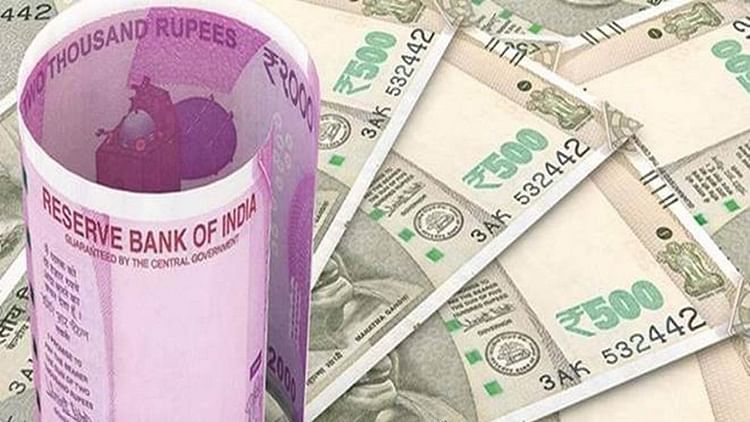It is high time an economic component is added to the Constitution to prevent incumbent governments from arbitrarily introducing economic policy changes that have serious implications beyond its tenure and can endanger the future of the nation and the generations to come. It will help introduce safeguards against situations like the present, when the Modi government has taken several decisions that can alter the basic concepts of development as envisaged by the nation’s founding fathers.
It is not enough to say that the people have the opportunity to punish ruling parties in the elections. Punishment by people in the form of denial of a subsequent mandate is not grave enough for fatal errors that can jeopardise the future of the nation. So, there have to be proper safeguards against abuse of powers that deny future generations their due.
The Modi government’s decision to sell off certain public sector assets and ‘monetise’ other national assets, built over decades of hard work and sacrifice by the people by foregoing benefits that could have accrued had that money been invested directly into their own welfare, is one such case.
Of course, the government needs money to handle the crisis on hand and spend on infrastructure, for which it has a mandate for five years. But using that mandate to pawn away the national assets that belong to the future generations without even discussing it in public is against all norms of propriety and governance.
The context of the ‘monetisation’ move is quite different from the 1991 situation when the Chandra Shekhar government was forced to pledge the nation’s gold to multilateral agencies like the IMF to borrow money to tide over a financial crisis. Global credit-rating agencies had placed India on watch and later downgraded the country’s sovereign rating from investment grade to a notch lower, making it virtually impossible to raise even short-term funds.
But the ‘monetisation’ decision cannot be justified as there is no compulsion to sell off national assets. And if the idea is to introduce a paradigm shift in our development philosophy, this is something that cannot be done surreptitiously. It requires a national debate and the involvement of the people, because they are the ones who suffer the consequences. But the sad part is that such a drastic decision was not even discussed in Parliament.
Even though Prime Minister Modi shed copious tears about the ‘terrible national loss’ due to disruption of Parliament by opposition parties, the stark truth is that his government has been sidestepping Parliament and taking decisions in the most arbitrary fashion, sometimes at unearthly hours, as it happened with demonetisaton.
Major decisions concerning the economy and the future of the nation are being announced at press conferences and when Parliament is not in session. It is no coincidence that the so-called ‘national monetisation pipeline’ (NMP) decision was also announced at a press conference by Finance Minister Nirmala Sitharaman.
As senior Congress leader and former finance minister P Chidambaram pointed out, Nirmala Sitharaman’s press conferences are characterised by a certain monologue, where she goes on talking, often taking turns with her deputy only to give space for Hindi translation. As for Prime Minister Modi, a media interaction is a strict no-no. It is no joke that his only interview in all these years has gone to a Bollywood actor, who as expected, asked questions that he would have only loved to answer.
When the citizens’ fundamental rights are challenged, they can approach the court citing the guarantees provided in the Constitution. But when it comes to economic decisions that put a question mark over the future of the nation, it is beyond the purview of the courts because the statutes do not provide such safeguards. That is why we badly need a change that will necessitate constitutional amendments to adopt extraordinary economic policy decisions with long term implications. Or at least a meaningful discussion in Parliament and outside.


























































































